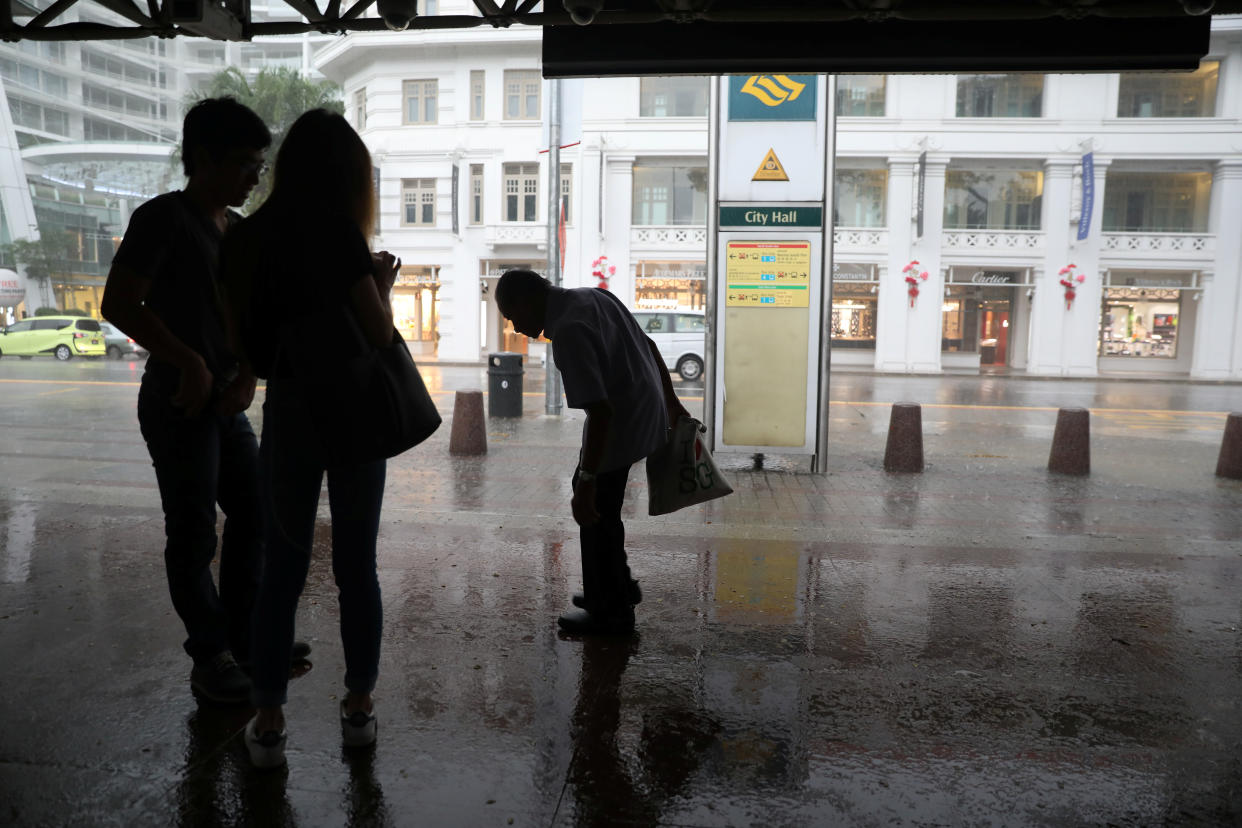Almost 75% of dementia patients in Singapore experience rejection and loneliness: survey

SINGAPORE — Nearly three in four dementia patients experience rejection and loneliness, while over half indicated that they were treated by others as less competent, according to Singapore’s first national survey on the illness.
The survey’s findings, which was released on Monday (29 April), also found that nearly one out of three caregivers feel embarrassed while caring for dementia patients in public, while more than one in 10 feel that others around them seem awkward.
A collaboration between the Singapore Management University (SMU) and the Alzheimer’s Disease Association (ADA), the survey polled 5,679 respondents over five weeks in January. Of them, 32 were dementia patients, 1,156 were caregivers, and the rest consisted of those with no connection to dementia.
Survey findings showed that the third group of respondents had the highest stigmatic attitude towards Alzheimer’s disease and other related dementia.
This is followed closely by patients with dementia, with one in two feeling ashamed of their condition, citing stigma as the main reason.
Among the public, males are significantly more stigmatic than females, while those aged 70 and above are the most stigmatic, followed by those aged 21 to 39 and those aged 40 to 69.
While close to 60 per cent of the public and dementia patients indicated “yes” to incompetency in dementia patients, 90 per cent of caregivers disagreed that loved ones suffering from the illness are incompetent.
ADA’s chief executive officer Jason Foo noted that the stigma of having dementia affects more than just the quality of life for the patients and their families.
“It really emphasises that we should use the right type of language; show more empathy for persons with dementia and their caregivers and aim to integrate persons with dementia into the society by building dementia-friendly communities to support them,” said Foo.
Need to change attitudes towards dementia
The survey also found that 57 per cent of the public rate themselves low in dementia knowledge and feel uncomfortable interacting with persons with the condition. Almost 44 per cent feel frustrated with not knowing how to help people with dementia.
However, nearly eight in 10 respondents indicated that they want to do more to improve the lives of dementia patients.
“We need to strive towards changing the mindset of society and break stereotypes,” said Foo.
He added, “All of us should not focus on their (persons with dementia) deficits, but on what they can still do with their remaining abilities. It’s important to recognise that they can still lead purposeful and meaningful lives.
Rosie Ching, senior lecturer of statistics at the SMU’s School of Economics, said that she had approached the ADA to help develop a tailored survey that explored the scope of dementia in Singapore.
Code-named Remember.For.Me, the 113-question survey was conducted face-to-face and over the phone by Ching’s 99 undergraduates for an SMU-X statistics module.
“I’ve had my students sharing of their grandparents and relatives with dementia. My own beloved great-grandmother died of this when I was an undergraduate and her suffering during the ’90s is something I’ll never forget,” said Ching.
“(The survey) has exposed us all to a problem largely not openly discussed nor well understood but which exerts one of the most onerous burdens in society,” she added.
One in 10 aged 60 and above in Singapore have dementia, according to a 2013 Institute of Mental Health study, with the condition affecting half of those aged 85 and above.
This translates to an estimated 82,000 cases locally last year, with the number expected to increase to 130,000 to 140,000 by 2030, based on the projection of a 2015 Duke-National University of Singapore study on Singapore’s elderly population.
Correspondingly, the number of calls to ADA’s dementia helpline has grown by almost 40 per cent from 6,068 calls in 2015 to 8,411 calls in 2017.
Similarly, attendance at caregiver support groups has increased by almost 20 per cent from 713 to 841 over the same period.
The ADA will be launching a nationwide dementia awareness campaign in June, starting with a set of dementia-language guidelines followed by roadshows, events, talks, and videos.
This will culminate in a public event on 21 September on World Alzheimer’s Day in commemoration of World Alzheimer’s Month.
Related stories:
Championing caregivers of dementia patients through videos, graphic novel
Eldercare workers in Singapore paid the lowest among 5 Asia Pacific economies: study
Accessible inventions: Students honoured for devices that help elderly, disabled


